Home>Home Appliances>Laundry Appliances>Why Does My LG Washing Machine Leak From The Bottom
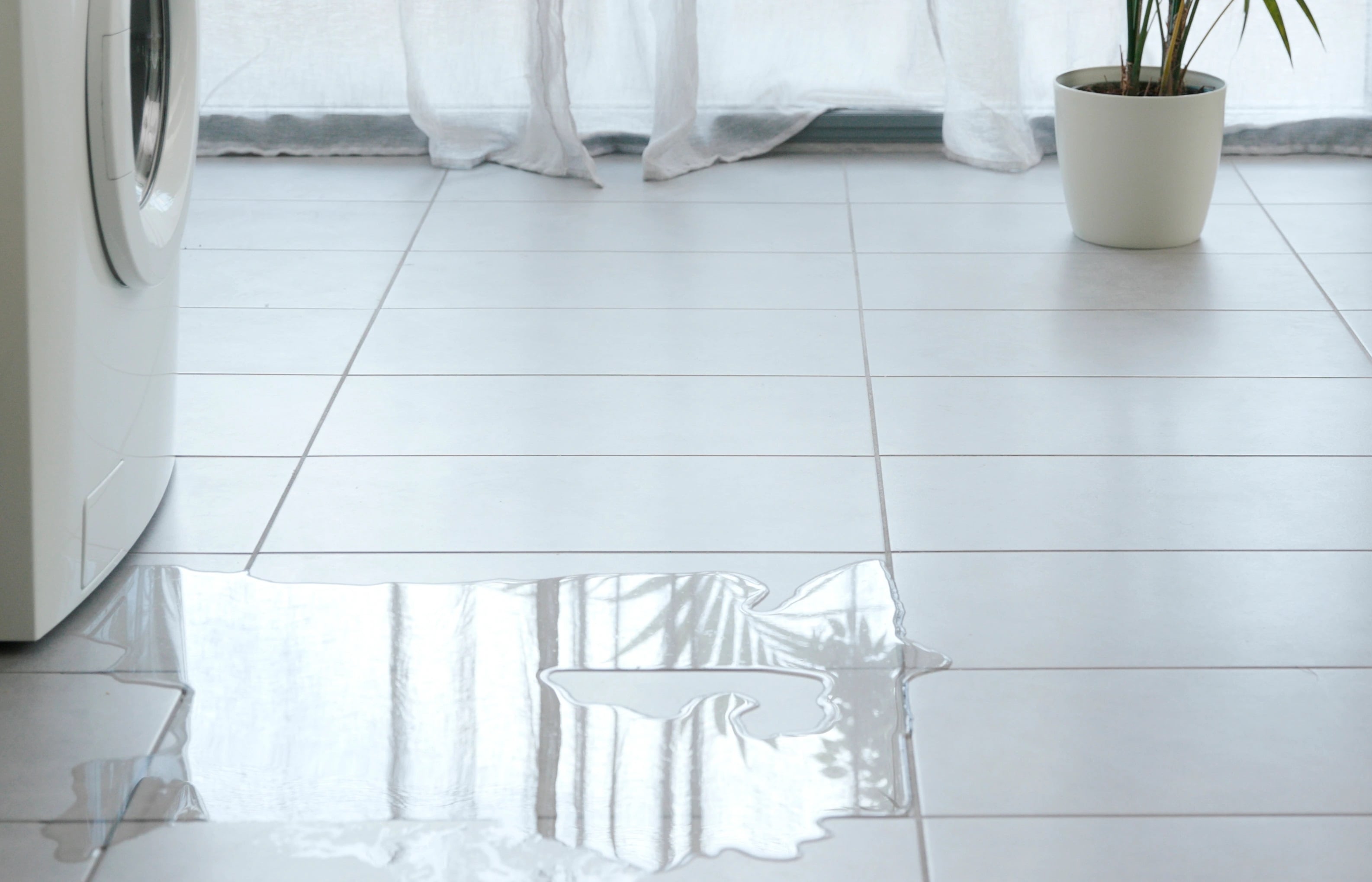

Laundry Appliances
Why Does My LG Washing Machine Leak From The Bottom
Published: February 22, 2024
Discover the reasons why your LG washing machine may be leaking from the bottom. Get expert tips and solutions for laundry appliances.
(Many of the links in this article redirect to a specific reviewed product. Your purchase of these products through affiliate links helps to generate commission for Storables.com, at no extra cost. Learn more)
Common Causes of LG Washing Machine Leaks
LG washing machines are renowned for their reliability and efficiency, but like any appliance, they can experience issues such as leaks. Understanding the common causes of leaks in LG washing machines can help you identify and address the problem promptly, ensuring the continued optimal performance of your appliance.
-
Worn Out Door Seal: Over time, the door seal of an LG washing machine may degrade, leading to leaks. This component is essential for maintaining a watertight seal during the wash cycle. If you notice water pooling around the front of the machine, a deteriorating door seal could be the culprit.
-
Damaged Hoses: The hoses that supply water to the washing machine and drain it afterward can develop cracks or tears, resulting in leaks. Inspect these hoses regularly for signs of wear and tear, and replace them if necessary to prevent leaks and water damage.
-
Clogged Drain Pump: A clogged drain pump can impede the proper drainage of water from the washing machine, causing leaks. Debris such as lint, coins, or small objects can obstruct the drain pump, leading to water backup and subsequent leaks.
-
Excessive Detergent Use: Using too much detergent or the wrong type of detergent can create excessive suds, leading to leaks from the washing machine. It's important to follow the manufacturer's guidelines for detergent usage to prevent this issue.
-
Imbalanced Load: When the laundry inside the washing machine is unevenly distributed, it can cause the machine to shake excessively during the spin cycle. This movement may result in leaks, as the water can splash out of the machine. Ensuring that the laundry is evenly distributed can help prevent this issue.
-
Loose Connections: Loose or improperly connected hoses and fittings can lead to leaks in an LG washing machine. Regularly inspect the connections to ensure they are secure and free from damage.
By familiarizing yourself with these common causes of leaks in LG washing machines, you can proactively monitor your appliance for signs of these issues. Identifying the source of a leak is the first step toward resolving the problem and preventing potential water damage to your home.
Key Takeaways:
- Keep an eye out for worn door seals, damaged hoses, and excessive suds to prevent leaks in your LG washing machine. Regular maintenance and balanced loads can help maintain optimal performance and prevent water damage.
- To avoid leaks, inspect and maintain your LG washing machine regularly, use the right detergent, balance your loads, and secure all connections. Prompt repairs and proactive care will keep your appliance running smoothly.
How to Identify the Source of the Leak
Identifying the source of a leak in your LG washing machine is crucial for effectively addressing the issue and preventing further water damage. Here are the steps to help you pinpoint the source of the leak:
-
Inspect the Door Seal: Begin by examining the door seal for any visible signs of wear, tears, or damage. Run your fingers along the seal to feel for any irregularities or rough areas that could indicate deterioration. Additionally, check for accumulated debris or foreign objects that may compromise the seal.
-
Examine the Hoses: Inspect the inlet and outlet hoses connected to the washing machine for any signs of leakage, such as water droplets, dampness, or discoloration. Pay close attention to the areas where the hoses attach to the machine and the water supply, as these are common points of failure.
-
Check the Drain Pump: Remove the access panel at the front or back of the washing machine to access the drain pump. Look for any obstructions, such as lint, coins, or debris, that may be causing a blockage. Additionally, inspect the pump for visible signs of leaks or moisture accumulation.
-
Monitor the Detergent Usage: Assess your detergent usage and the resulting suds during a wash cycle. If you notice excessive suds or overflowing bubbles, it could indicate that you are using too much detergent, leading to leaks. Adjust the detergent amount according to the manufacturer's recommendations.
-
Observe During the Spin Cycle: While the washing machine is in operation, pay attention to any unusual movements or vibrations, especially during the spin cycle. Excessive shaking or rocking may indicate an imbalanced load, causing water to splash out and result in leaks.
-
Inspect the Connections: Carefully examine all hose connections, including the water inlet, outlet, and drain hoses, as well as the electrical connections. Look for any signs of looseness, corrosion, or water seepage around the fittings.
By methodically assessing these potential sources of leaks, you can narrow down the origin of the issue and take appropriate measures to address it. Once you have identified the source of the leak, you can proceed to the necessary steps to rectify the problem and restore your LG washing machine to its optimal functionality.
Steps to Fix a Leaking LG Washing Machine
Addressing a leaking LG washing machine promptly is essential to prevent water damage and ensure the appliance's continued efficiency. Here are the steps to effectively fix a leaking LG washing machine:
-
Inspect and Replace the Door Seal: If the door seal shows signs of wear, tears, or damage, it may be the primary cause of the leak. Carefully remove the old seal and replace it with a new one, ensuring a proper and secure fit. This will restore the watertight integrity of the washing machine's door.
-
Check and Replace Damaged Hoses: Examine the inlet and outlet hoses for any cracks, tears, or deterioration. If any damage is detected, promptly replace the affected hoses with new ones to prevent water leakage during the wash and drain cycles. Ensure that the hoses are securely connected to the appropriate fittings.
-
Clear the Drain Pump: Remove any debris or obstructions from the drain pump to facilitate proper water drainage. This may involve accessing the pump through the front or back panel of the washing machine. Clearing the pump of any blockages will prevent water backup and subsequent leaks.
-
Adjust Detergent Usage: If excessive suds are observed during the wash cycle, indicating an overuse of detergent, adjust the amount of detergent according to the manufacturer's recommendations. Using the appropriate detergent quantity will prevent the formation of excess suds, thereby reducing the risk of leaks.
-
Balance the Load: Ensure that the laundry inside the washing machine is evenly distributed to prevent imbalances during the spin cycle. An imbalanced load can cause the machine to shake excessively, leading to water splashing out and potential leaks. Rearrange the laundry to achieve a balanced load.
-
Tighten and Secure Connections: Inspect all hose connections, including the water inlet, outlet, and drain hoses, as well as the electrical connections. Ensure that the connections are tight, free from corrosion, and devoid of any water seepage. Tighten or replace any fittings as necessary to prevent leaks.
By following these steps, you can effectively address the common causes of leaks in an LG washing machine and restore its optimal functionality. Regular maintenance and proactive monitoring of the appliance can help prevent future leaks, ensuring prolonged reliability and performance.
Preventing Future Leaks in Your LG Washing Machine
Preventing future leaks in your LG washing machine is essential for maintaining its optimal performance and prolonging its lifespan. By implementing proactive measures and adhering to regular maintenance practices, you can minimize the risk of leaks and ensure the efficient operation of your appliance.
Regular Inspection and Maintenance
Regularly inspecting key components of your LG washing machine can help identify potential issues before they escalate into leaks. Check the door seal for signs of wear and tear, ensuring it maintains a secure and watertight seal. Additionally, examine the hoses for any damage or deterioration, and clear the drain pump of any debris or blockages. Conducting these routine inspections can preemptively address potential sources of leaks.
Read more: Why Is My Blender Leaking From The Bottom
Proper Detergent Usage
Using the appropriate amount and type of detergent is crucial for preventing excessive suds, which can lead to leaks. Follow the manufacturer's guidelines for detergent usage and avoid overfilling the detergent dispenser. Using high-efficiency or low-sudsing detergents designed for modern washing machines can help minimize the risk of suds-related leaks.
Balanced Loads
Ensuring that the laundry inside the washing machine is evenly distributed can prevent imbalances during the spin cycle, reducing the likelihood of water splashing out and causing leaks. When loading the machine, distribute the laundry evenly to promote balanced spinning and minimize excessive movement that could lead to leaks.
Secure Connections
Regularly check and tighten the connections of the water inlet, outlet, and drain hoses, as well as the electrical connections. Loose or improperly connected fittings can result in leaks, so ensuring that all connections are secure and free from damage is crucial for preventing water seepage.
Prompt Repairs
Address any issues promptly to prevent them from escalating into potential sources of leaks. If you notice any signs of wear, damage, or irregularities during your inspections, take immediate steps to repair or replace the affected components. Timely intervention can mitigate the risk of leaks and prolong the overall functionality of your LG washing machine.
By incorporating these preventive measures into your maintenance routine, you can significantly reduce the likelihood of leaks in your LG washing machine. Proactive care and attention to detail will contribute to the long-term reliability and efficiency of your appliance, providing peace of mind and consistent performance for years to come.
Frequently Asked Questions about Why Does My LG Washing Machine Leak From The Bottom
Was this page helpful?
At Storables.com, we guarantee accurate and reliable information. Our content, validated by Expert Board Contributors, is crafted following stringent Editorial Policies. We're committed to providing you with well-researched, expert-backed insights for all your informational needs.
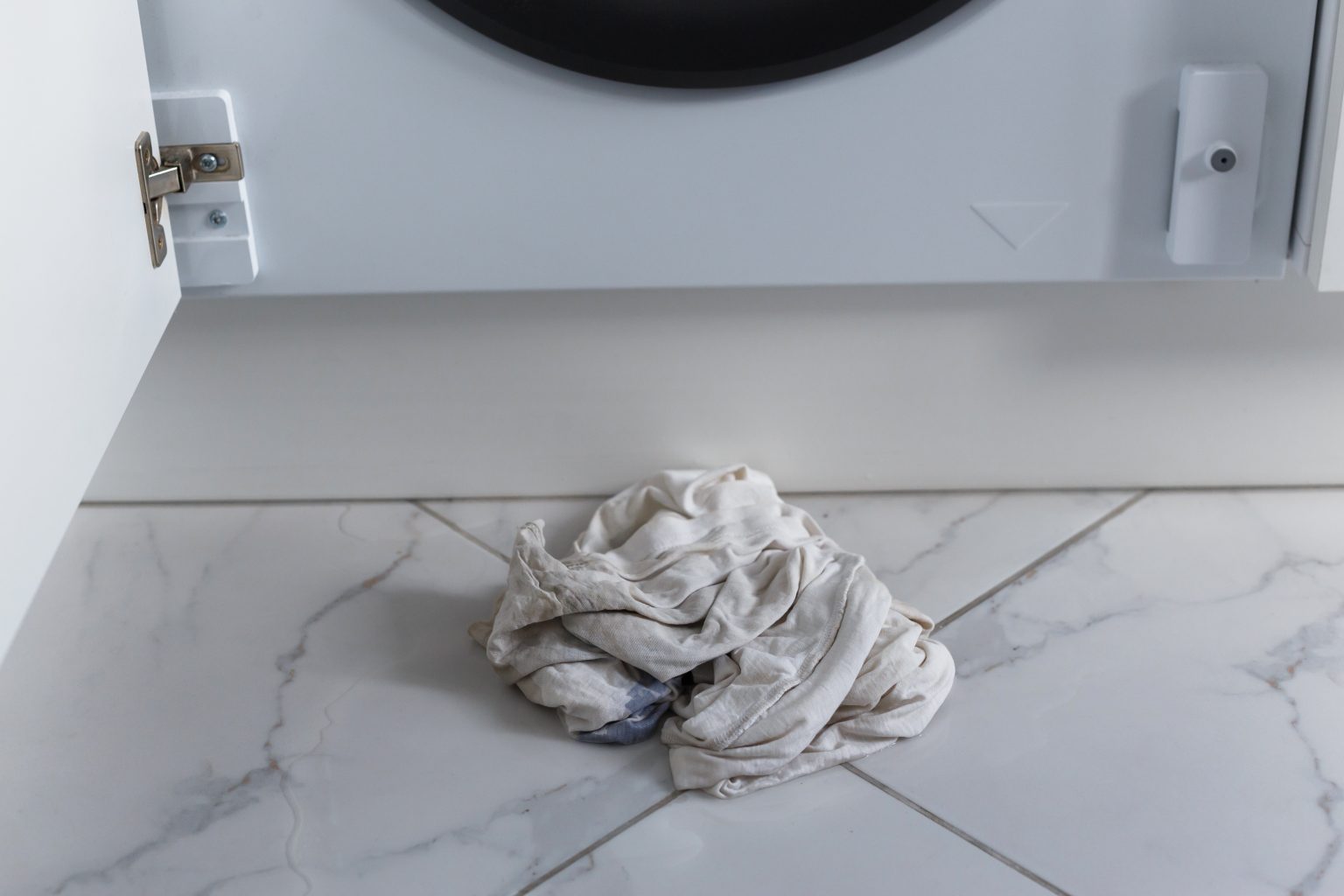
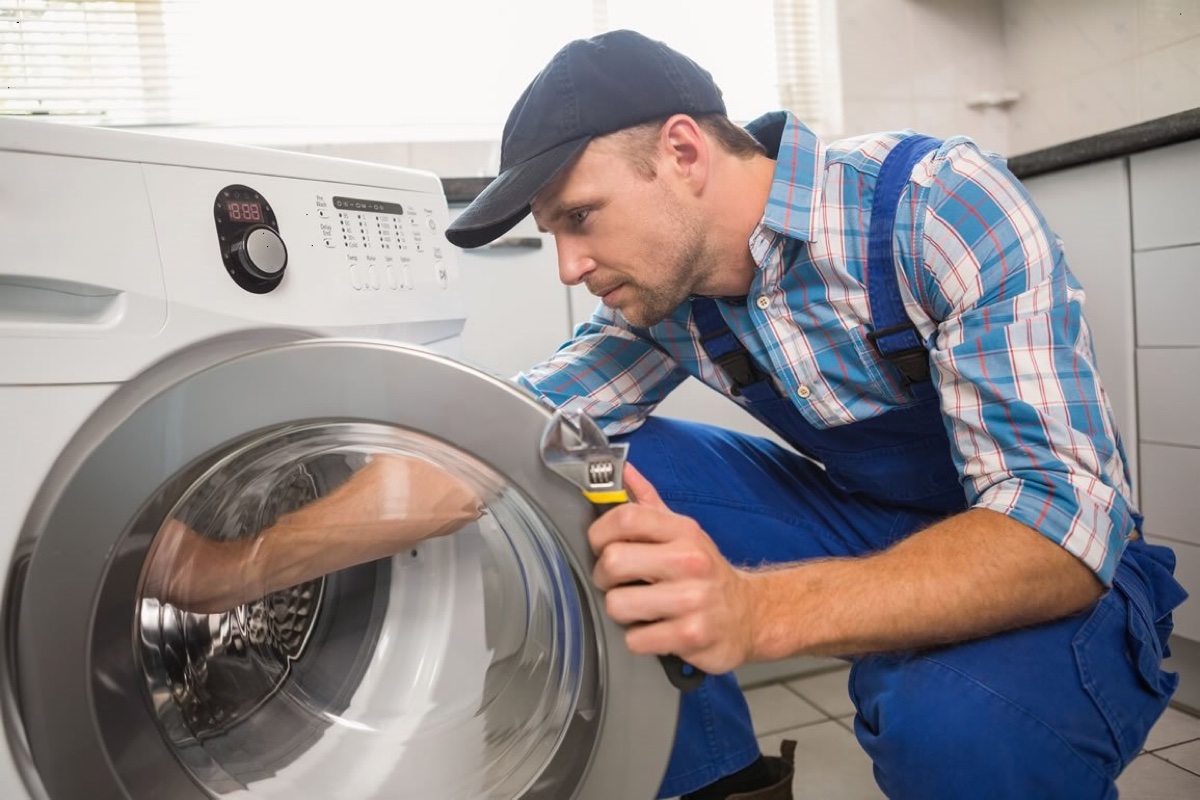
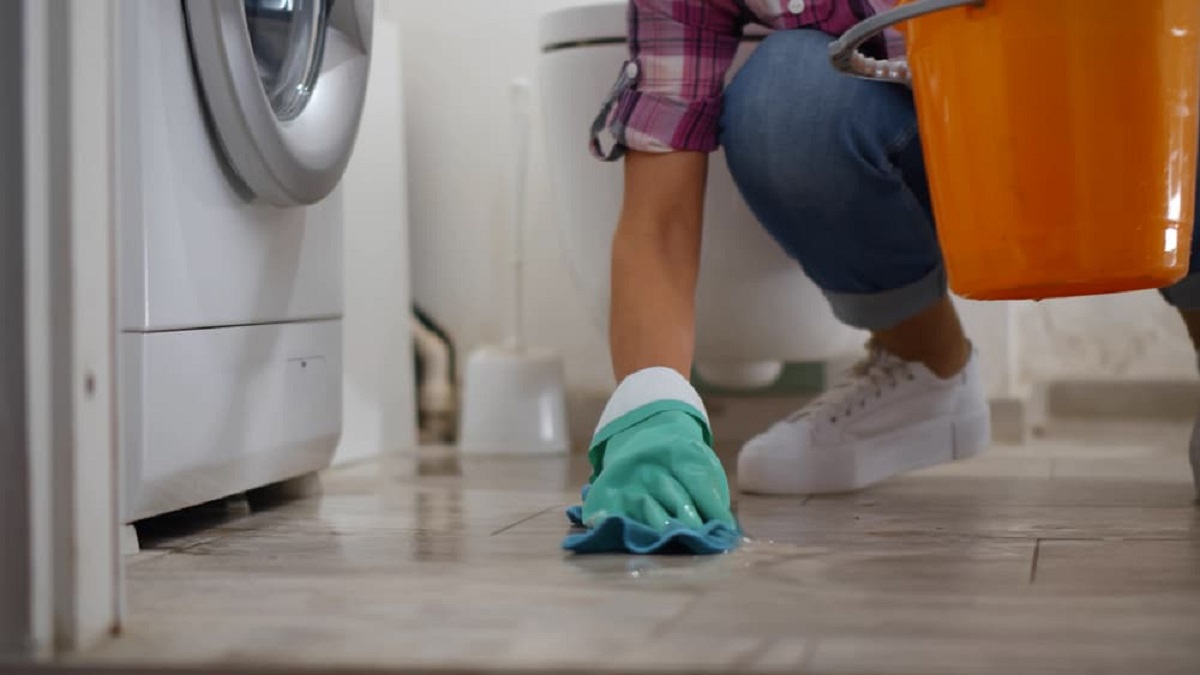
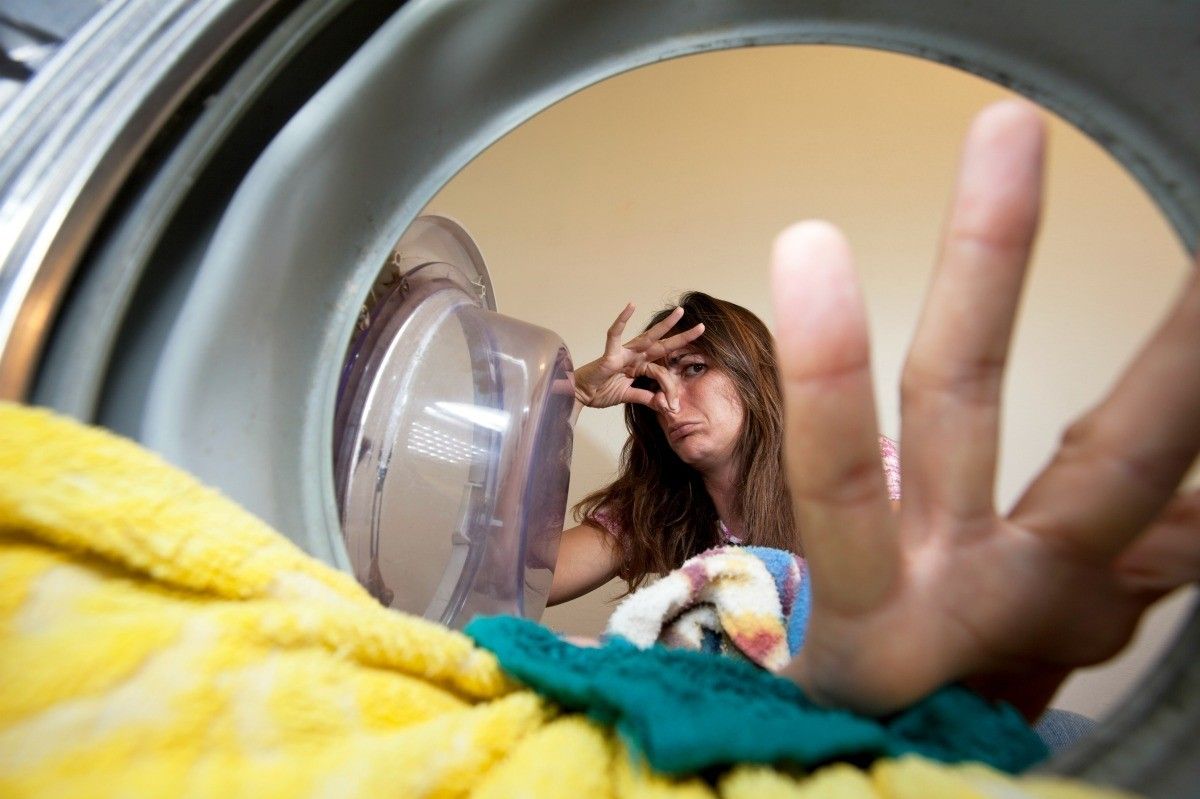
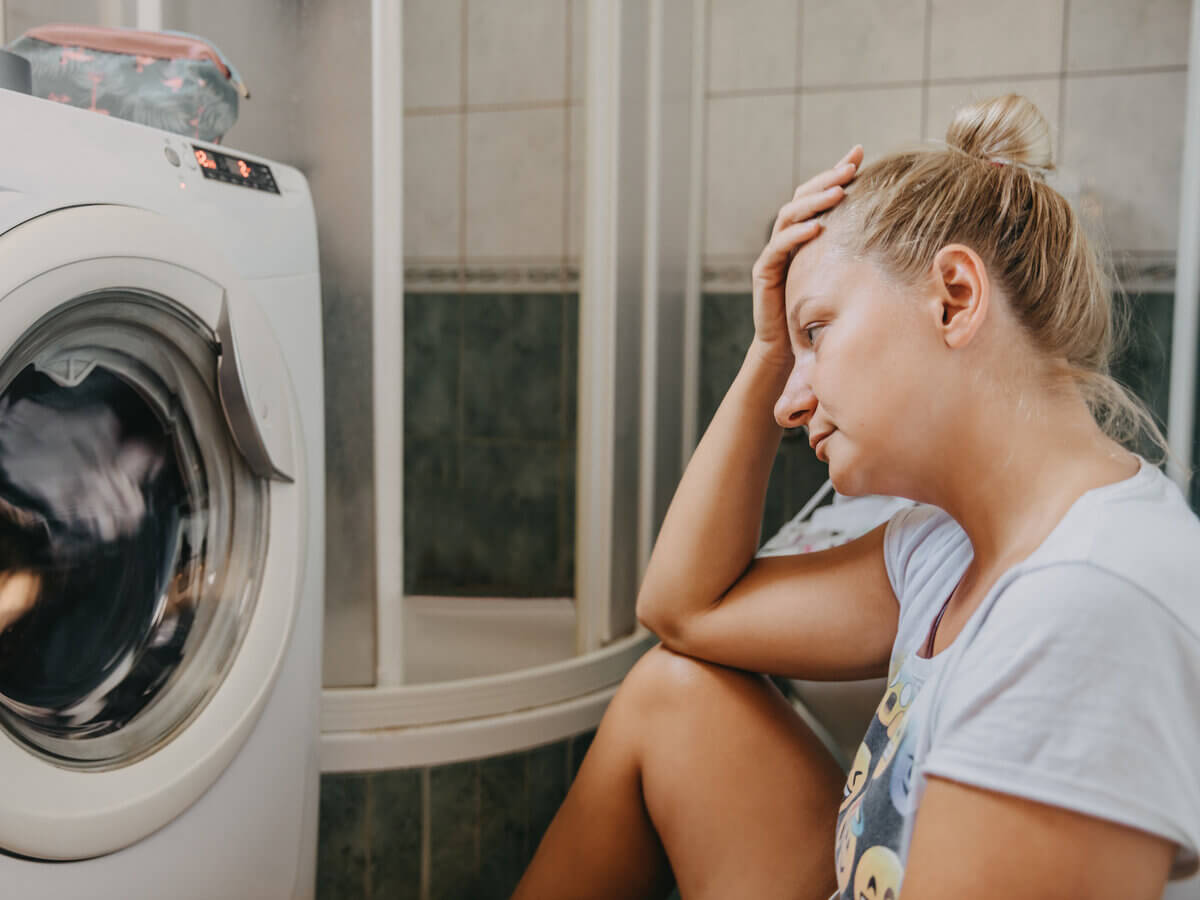
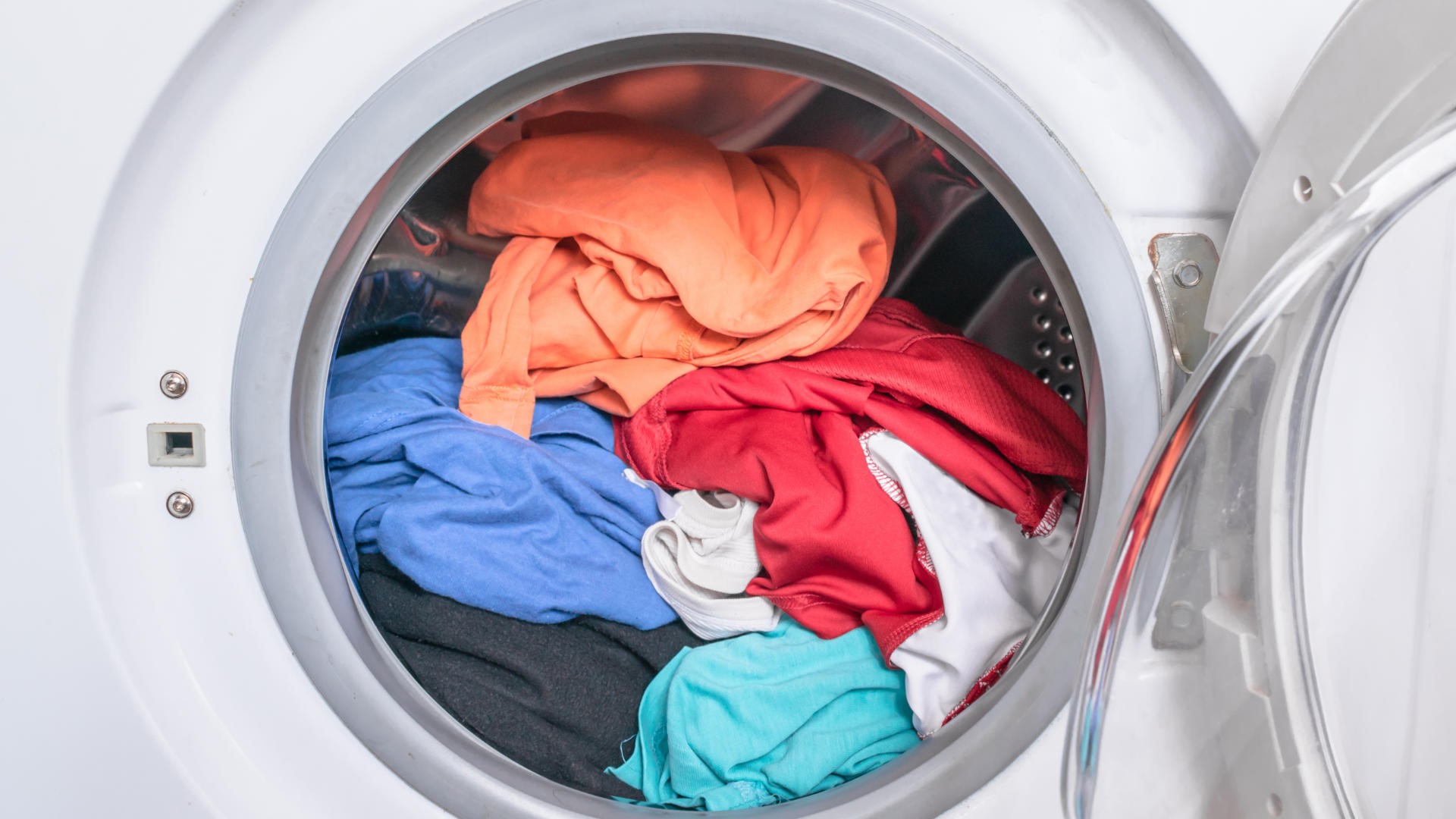
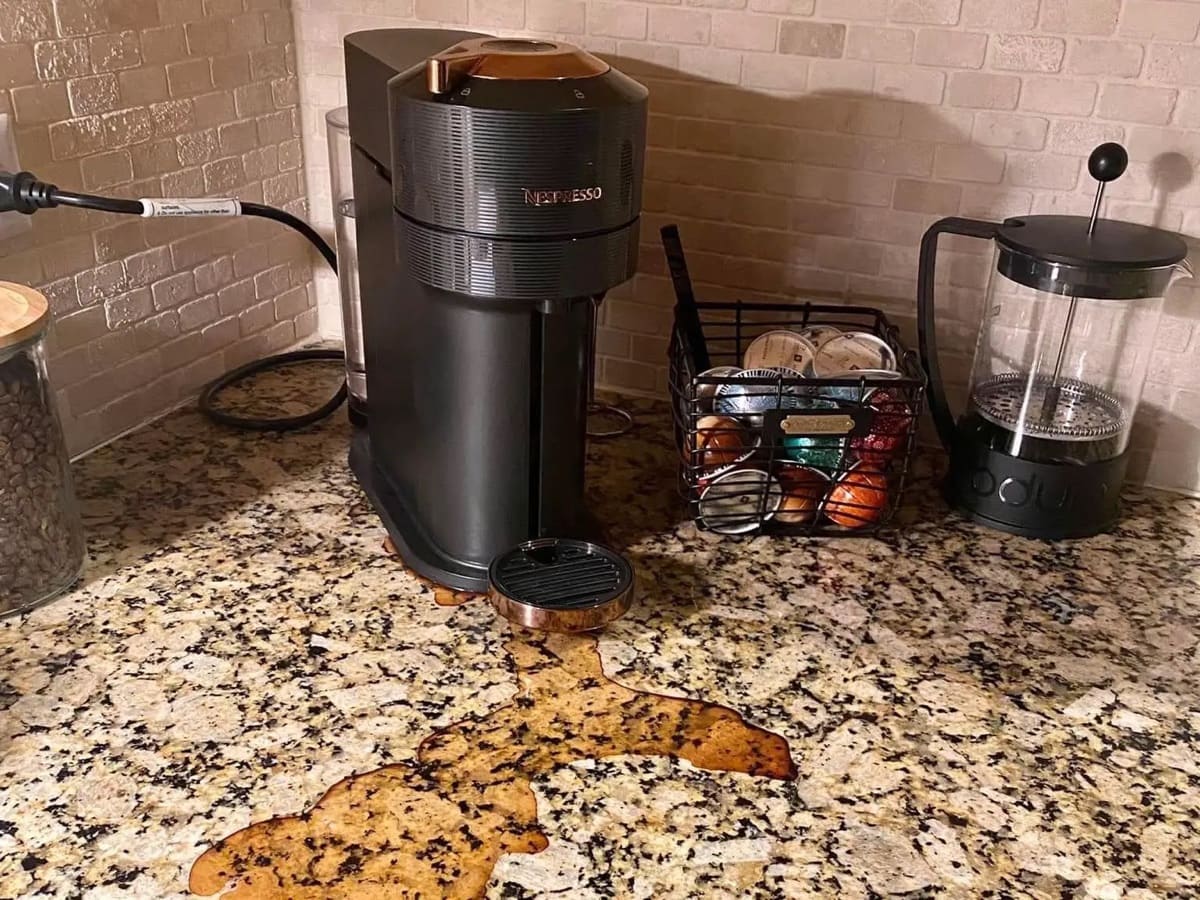
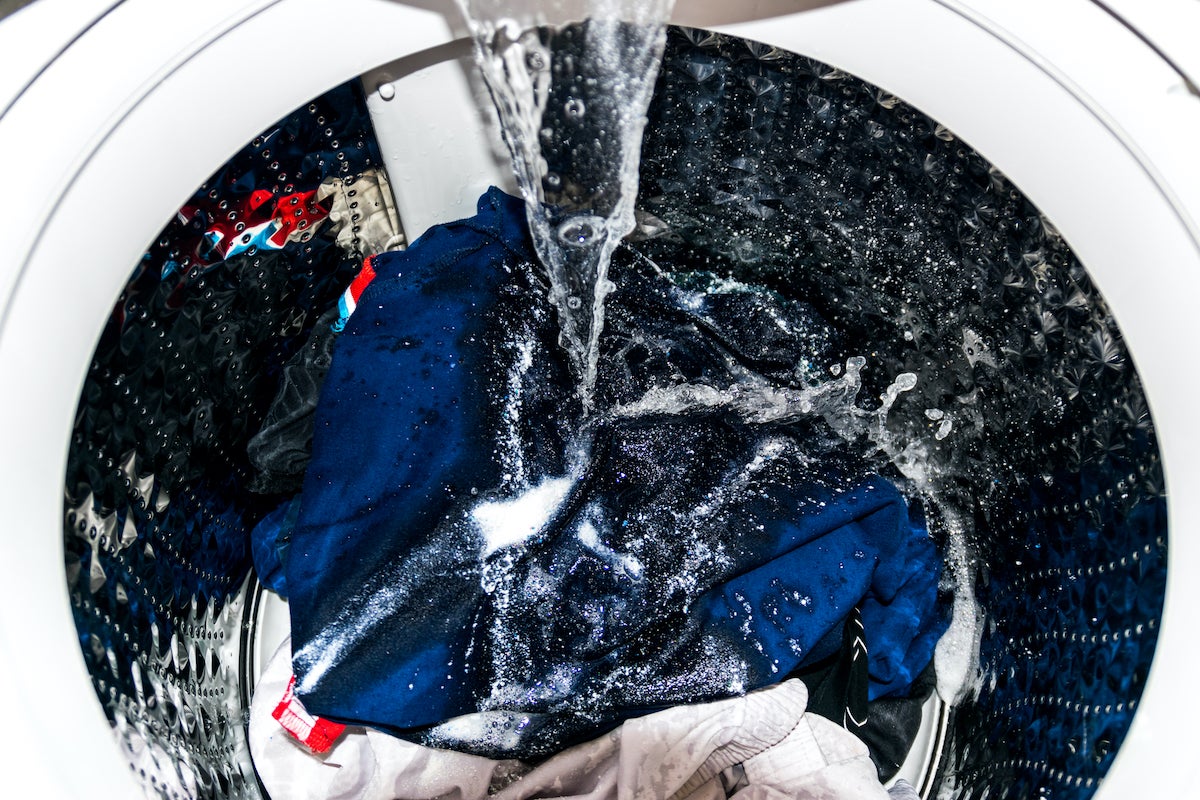

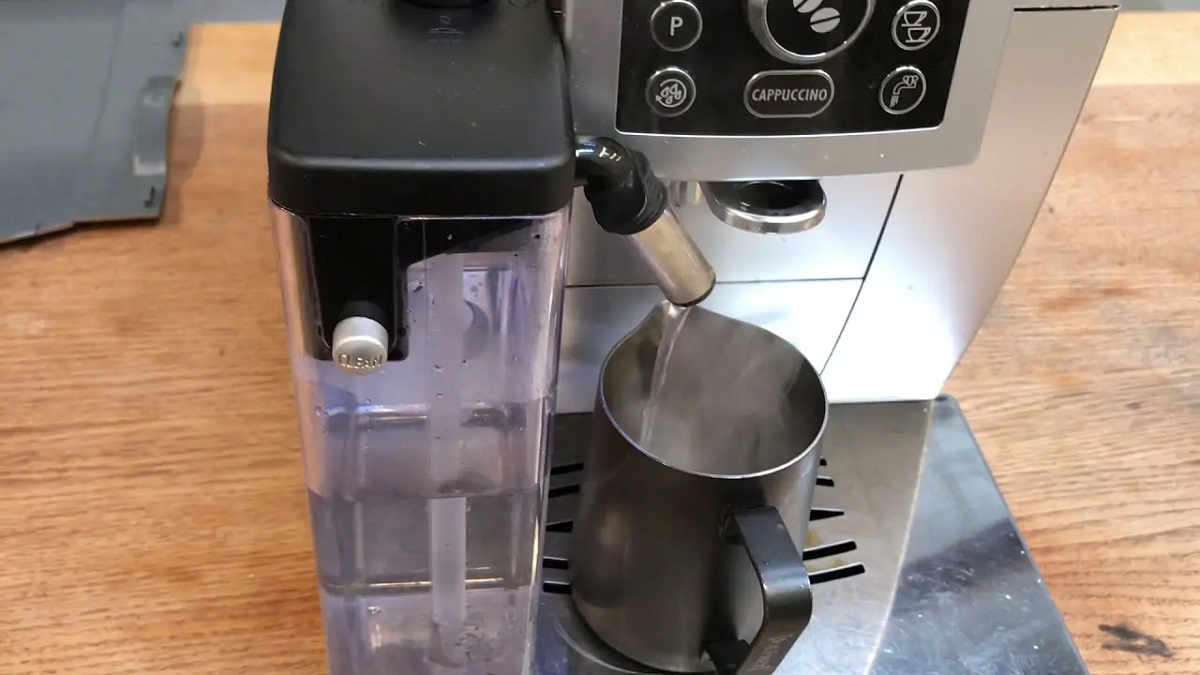
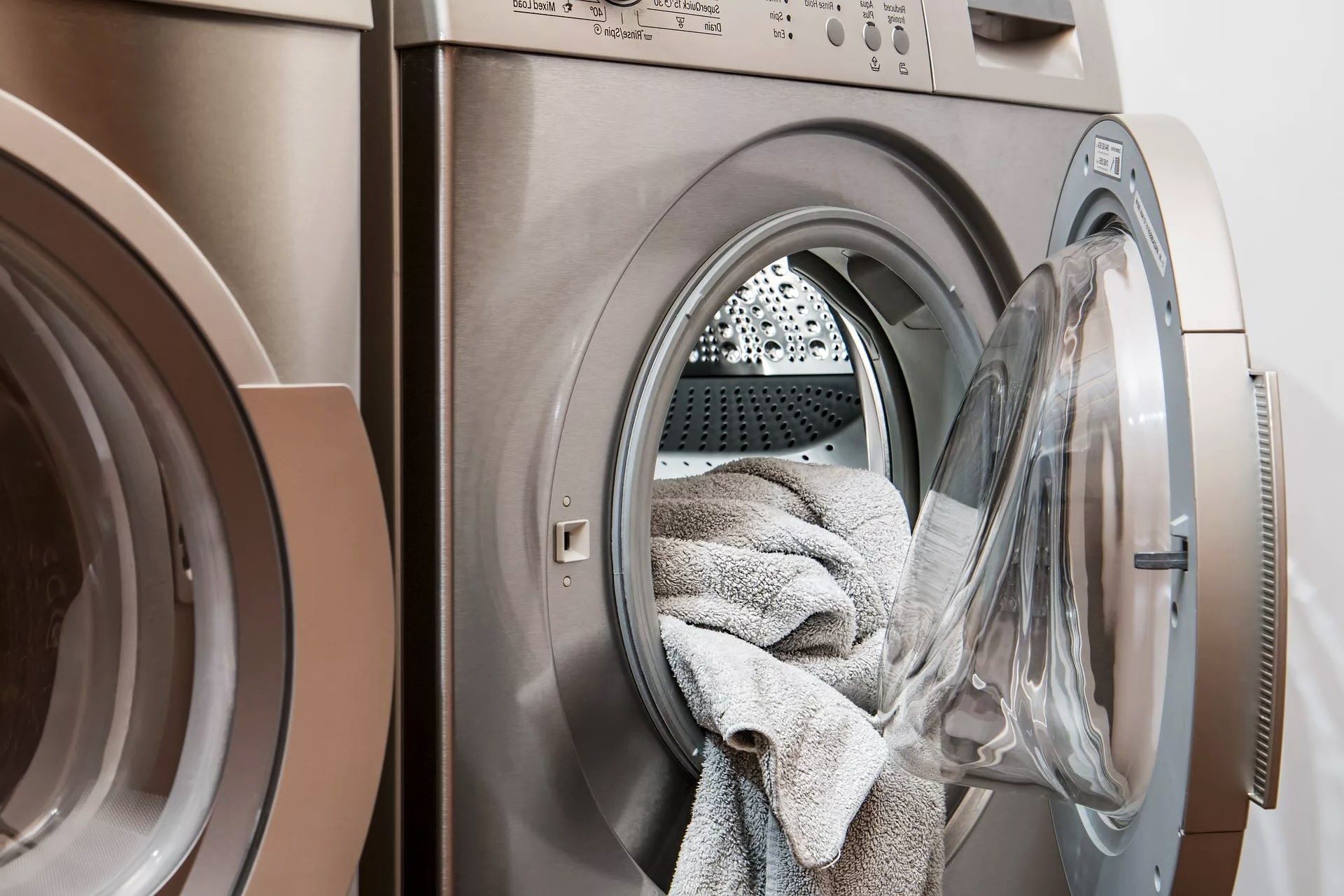

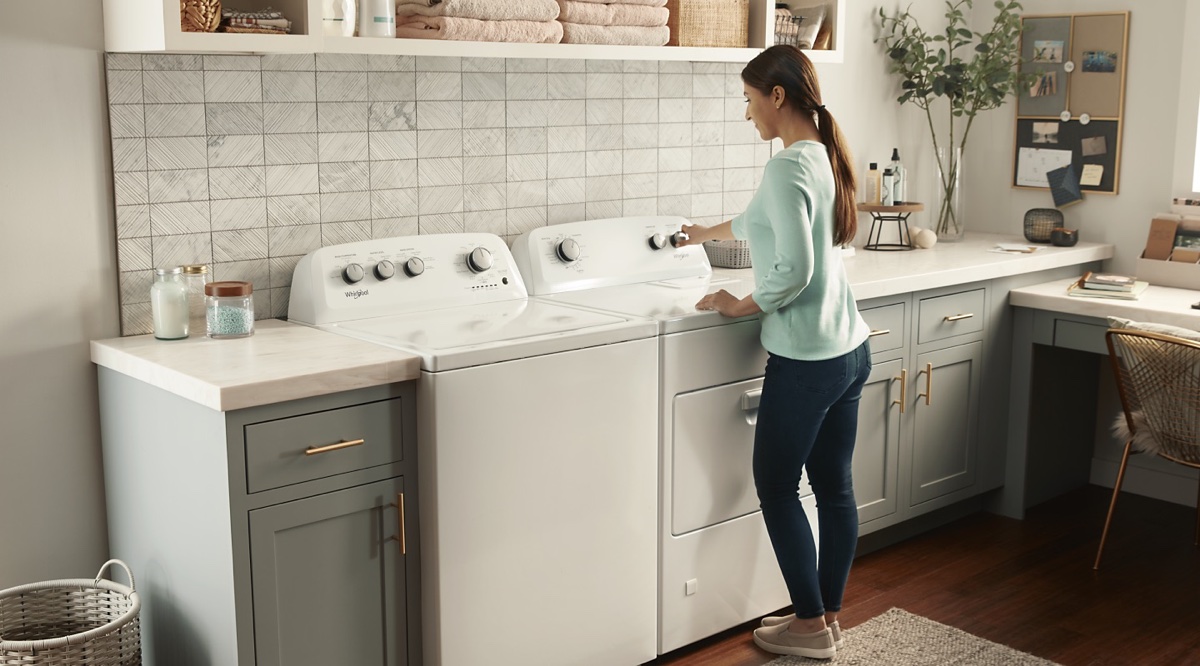
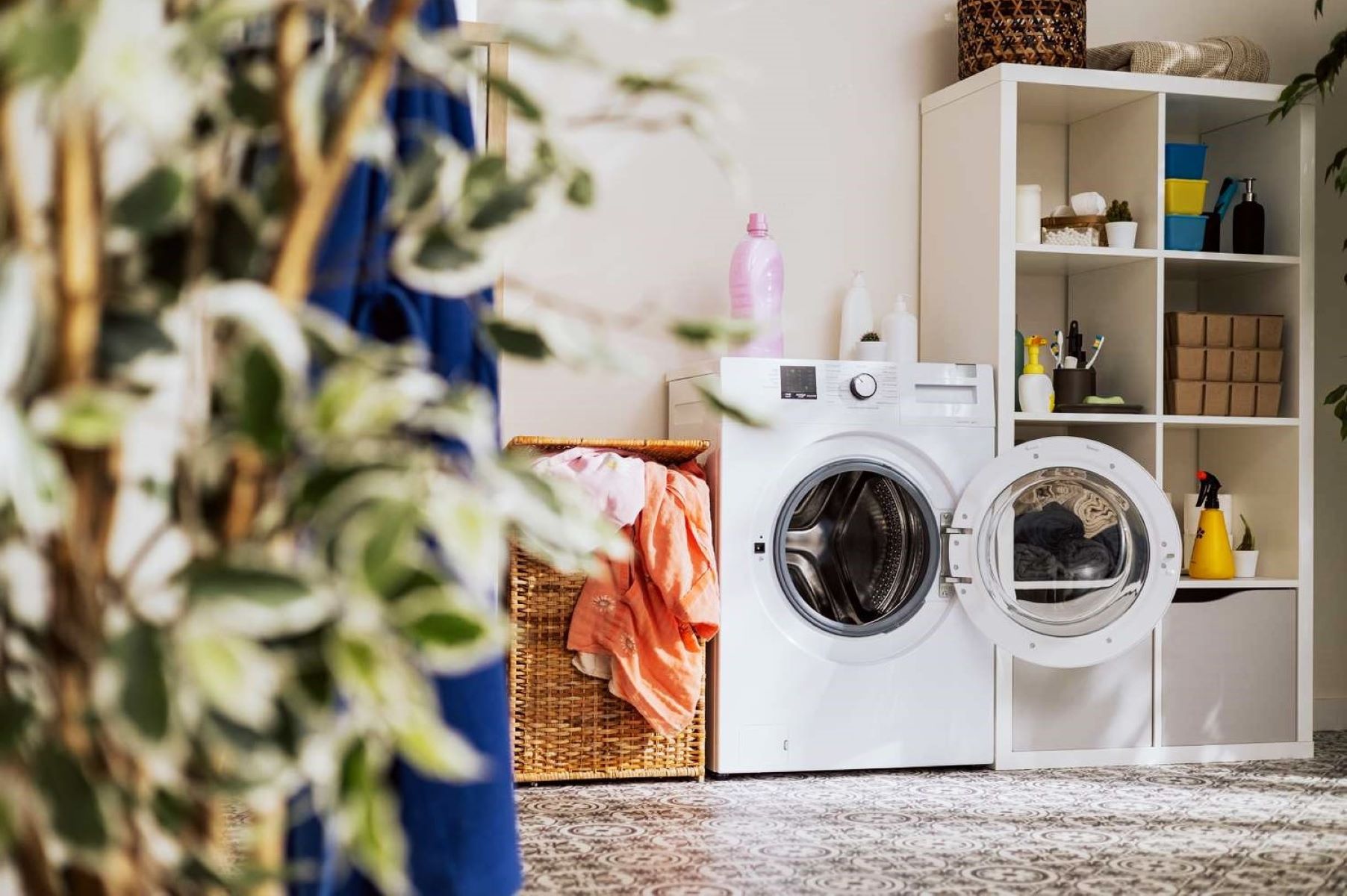

0 thoughts on “Why Does My LG Washing Machine Leak From The Bottom”